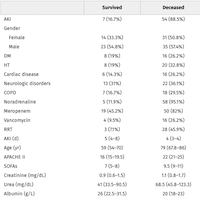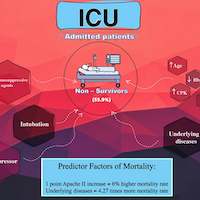Johns Hopkins Investigators Unravel Biological Roots of Pulmonary Hypertension
eurekalert.org
Working with cells that line the innermost layer of the blood vessels, Johns Hopkins investigators say they have made a leap forward in understanding the underlying biology behind pulmonary hypertension, a dangerous type of high blood pressure in lungs that ultimately leads to right heart failure and death. By conducting experiments in endothelial cells, they discovered that a protein called KLF15 (Kruppel-like factor 15) protects these cells from damage in the event of severe conditions such as oxygen deprivation that may lead to pulmonary hypertension.
















